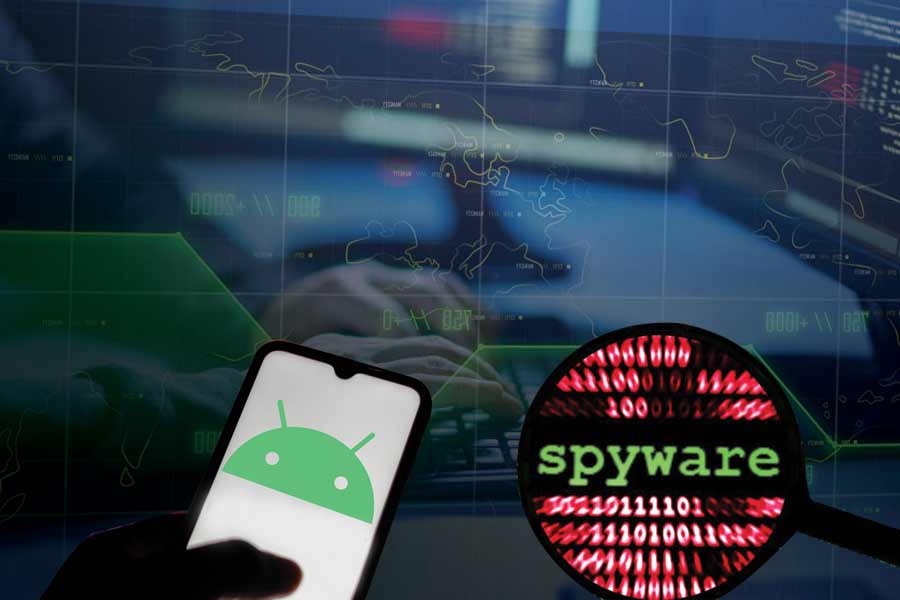The Indian government has forced all telecom companies to install "backdoor" monitoring systems that allow it to intercept communications of targeted persons, the Financial Times says. But such "backdoors" are highly risky because they can also be accessed by foreign intelligence agencies and criminals.
India’s lawful "backdoor" monitoring systems are extremely extensive and have attracted global companies – especially from Israel – that have specialised in creating powerful surveillance tools. The FT said India is unusual in that it, “openly requires telecom companies to install surveillance equipment at subsea cable landing stations and data centres".
Also, the London-based financial daily says the Narendra Modi government has vastly stepped up surveillance though it has not published any figures on how many people are targeted monthly.
Israeli companies like Septier are believed to be selling technology to Indian telecom companies such as Reliance Jio.
Septier claims its technology can extract, “voice messaging services, web surfing and email correspondence”. The company says its sales are regulated by Israeli authorities and that, “all of our business is conducted in complete compliance with applicable law.”
Another Israeli company, Cognyte, is also a major provider of surveillance products to Indian companies, the FT alleged. US social media giant Meta in 2021 named Cognyte as being involved in the tracking of journalists and politicians in India.
Vehere, based in the US and India, is another company that sells what are called “lawful interception” products and advertises “state-of-the-art monitoring solutions.” The company says it helps telecom companies, “fulfil their legal obligation to intercept calls and data while maintaining maximum privacy protection.”
There’s no current information on how many individuals are targeted for information gathering but in 2011 the Home Ministry indicated that around 7,500 to 9,000 orders were issued every month. Each one has to be cleared by the Home Secretary but with such huge numbers of requests civil rights activists say it’s impossible to do more than “rubber stamp” requests.
The government has never elaborated on the Home Ministry mechanism for okaying monitoring requests or the considerations that are looked at before giving the green signal.
In most Western countries, investigative agencies have to go through elaborate procedures and obtain court orders if they want to carry out “targeted interceptions”. Britain’s GCHQ (Government Communications Headquarters was rapped on the knuckles in 2021 by the European Court of Human Rights for intercepting and harvesting vast amounts of data, both from their own citizens and from around the world. In doing so, the court said it had violated fundamental rights.
Monitoring has become a more sensitive subject in recent years because so much more information about people can be harvested including their emails, messages, voice calls and even videos.
Governments around the world are battling for greater access to encrypted services like Whatsapp and Signal. But civil rights activists are fighting against the insistence on backdoors, saying they could be used both by intelligence agencies and criminal players. Says one human rights agency: “Back doors create weaknesses that can be exploited by malicious hackers or other government agencies.”
The UK government is going head-to-head with the social media giants, saying it wants backdoor access to encrypted services. One company, Apple, has said it would rather remove Face Time and iMessenger from its devices, than accede to this demand. Similarly, Signal also said it would pull out of the UK if this rule becomes law.










